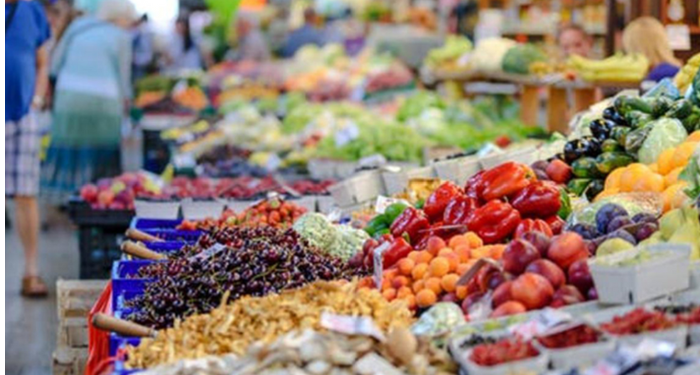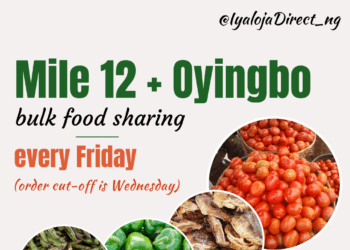The World Bank has ranked Nigeria among the top ten countries most hard hit by food inflation in the world.
In its food security report for the month of September, the global lender stated that Nigeria is the fifth country most hard hit by food inflation globally and the third in Africa only trailing Malawi and Liberia.
The report noted that Nigeria is among the countries with worsening food security conditions due to conflict in food-producing regions, environmental challenges caused by climate change, etc.
According to the report, the country hardest hit by food inflation is Haiti with a 12% year-on-year real increase in food inflation followed by Malawi, Vietnam and Liberia.
It stated, “On the other hand, 18 countries experienced worsening situations due to factors including intensified conflict and climate-related shocks, such as droughts. Notable examples include Ethiopia, Nigeria, and Yemen, each witnessing an increase of more than 1 million people facing high levels of food insecurity from the previous year.”
Threats to food security in Nigeria and West Africa
Furthermore, the report stated that there has been a 28% increase in the number of food-insecure people in Nigeria between August 2023 and September 2024.
According to a World Bank report, extreme weather events have significantly increased food insecurity across West Africa, leading several countries in the region to declare states of emergency.
The report referenced the latest Cadre Harmonisé analysis, highlighting that a combination of factors—including deteriorating security conditions, low agricultural production, soaring food prices, disrupted markets, and more frequent and severe extreme weather—resulted in nearly 55 million people facing food insecurity (IPC Phase 3 or higher) during the lean season from June to August 2024.
The report also estimated that approximately 1.6 million hectares of land have been inundated by floods in Nigeria, including 342,650 hectares of cropland, impacting 685,770 vulnerable individuals.
What you should know
Nigeria’s food situation has been challenged by insecurity in the food-producing regions, climate change, and other structural issues.
- A report by S.B. Morgan Intelligence indicates that at least 1,356 farmers have been killed, predominantly in the northern region of the country, between 2020 and 2024. This finding aligns with an earlier report from this year, which highlighted that farmers in the North often pay up to N100,000 to access their farms and harvest crops.
- Nigeria’s food inflation reached a 28-year record of 40.87% in June before it tapered in June and June. However, there are renewed threats to food inflation following an upward review of petrol prices by the NNPCL and recent floods in some parts of the North and Niger-Delta states.
- Earlier in the year, the World Bank projected that seven states in the Northern parts of Nigeria would face severe hunger in the country. The Food and Agriculture Organisation FAO) noted that the number of hungry people in the country has reached 32%- about 16% of Nigeria’s population.




















